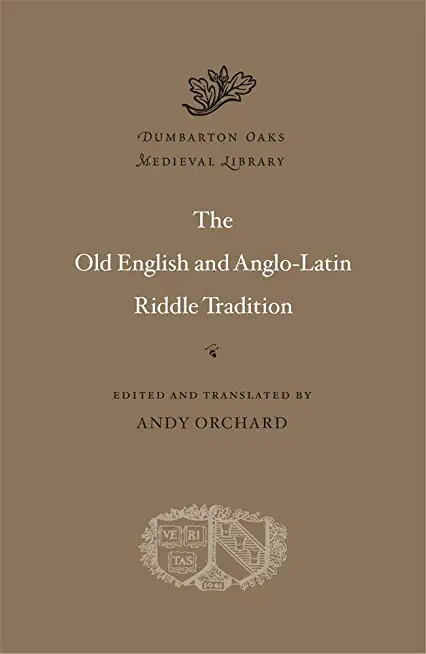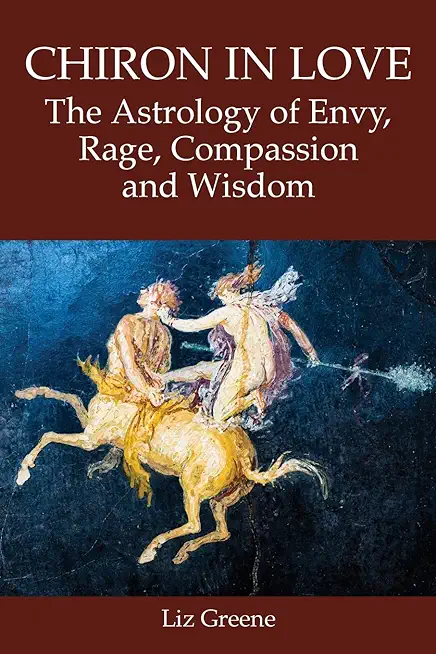
description
s one of the most influential interpreters of the Bible in the sixteenth century, and his works garnered praise from contemporaries like Martin Luther, John Calvin, and Erasmus. Melanchthon's 1555 commentary on Proverbs, originally written in Latin and translated here for the first time in any modern language, showcases his mastery of ancient languages and rhetoric, Greek and Roman literature, Old Testament history, Christian doctrine and ethics, and the history of biblical interpretation. This commentary also illustrates Melanchthon's distinctive use of loci communes, or "commonplaces," an interpretive method that organizes biblical and theological material into related categories that allow an interpreter of Scripture to understand the meaning of the text. This unique approach inspired Melanchthon to connect sayings initially written in a Hebrew context to universal truths found in classical writings outside of the Judeo-Christian tradition. Readers of Melanchthon's commentary on Proverbs will gain not only a deeper understanding of one of the most beloved books of the Bible, but also a richer appreciation of one of the most important biblical interpreters and theologians of the Protestant Reformation.
member goods
No member items were found under this heading.
Return Policy
All sales are final
Shipping
No special shipping considerations available.
Shipping fees determined at checkout.







